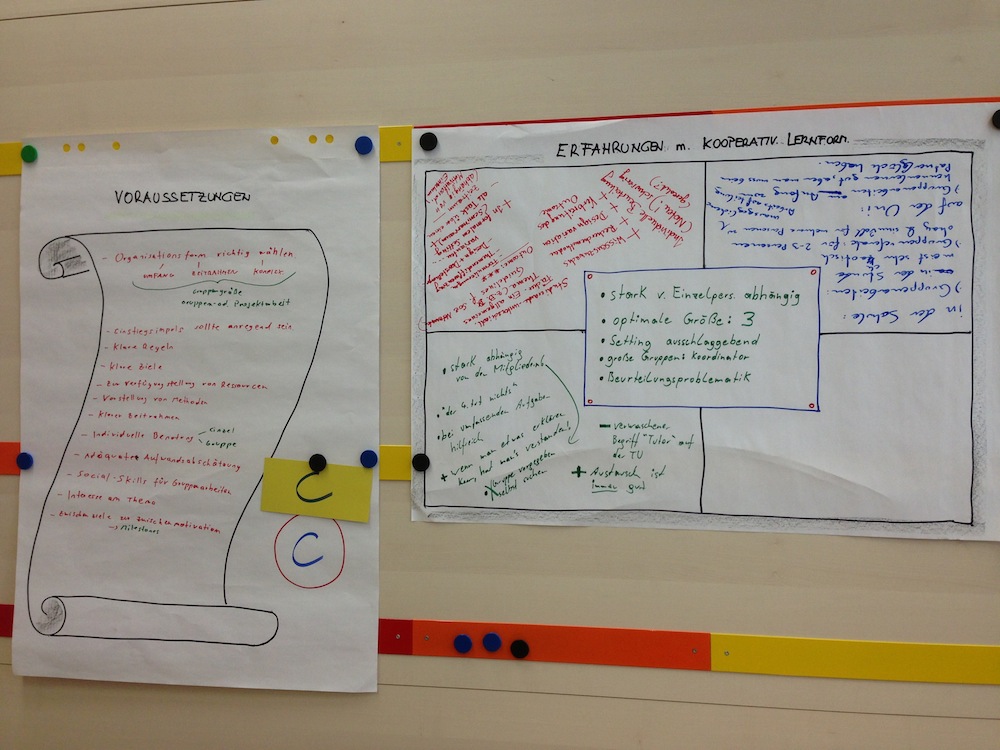Our publication about „Predicting Developments in Technology-enhanced Learning through Betting – The Concept for a Facebook App“ is now published in the book E-Learning: New Technology, Applications and Future Trends [Link].
Abstract:
Our research article deals with a new form of future study methodology in the field of technology-enhanced learning (TEL): the approach of prediction markets, especially pari-mutuel betting. Therefore we start with a short introduction in future research and go on with a description on the process of prediction markets. Our focus is on a concept for a Facebook app supporting the idea of bets on future developments. The application itself is a betting application wherein a user is able to bet on a certain question, related to TEL problems and trends, with a variable amount of virtual money. The goal of the tool is to use the outcome of the bets for evaluating future trends
PREDICTING DEVELOPMENTS IN TECHNOLOGY-ENHANCED LEARNING THROUGH BETTING – THE CONCEPT FOR A FACEBOOK APP by Martin
Klicken Sie auf den unteren Button, um den Inhalt von www.scribd.com zu laden.
Reference: Albustin, A., Ebner, M., Schön, S. (2013) Predicting Developments in Technology-enhanced Learning through Betting – The Concept for a Facebook App, In: E-Learning: New Technology, Applications and Future Trends. Hamada, M. (Ed.), Nova Science Publishers. NY. P. 207 – 220, ISBN: 978-1-62618-961-4

